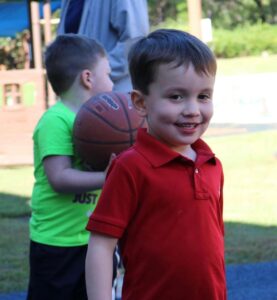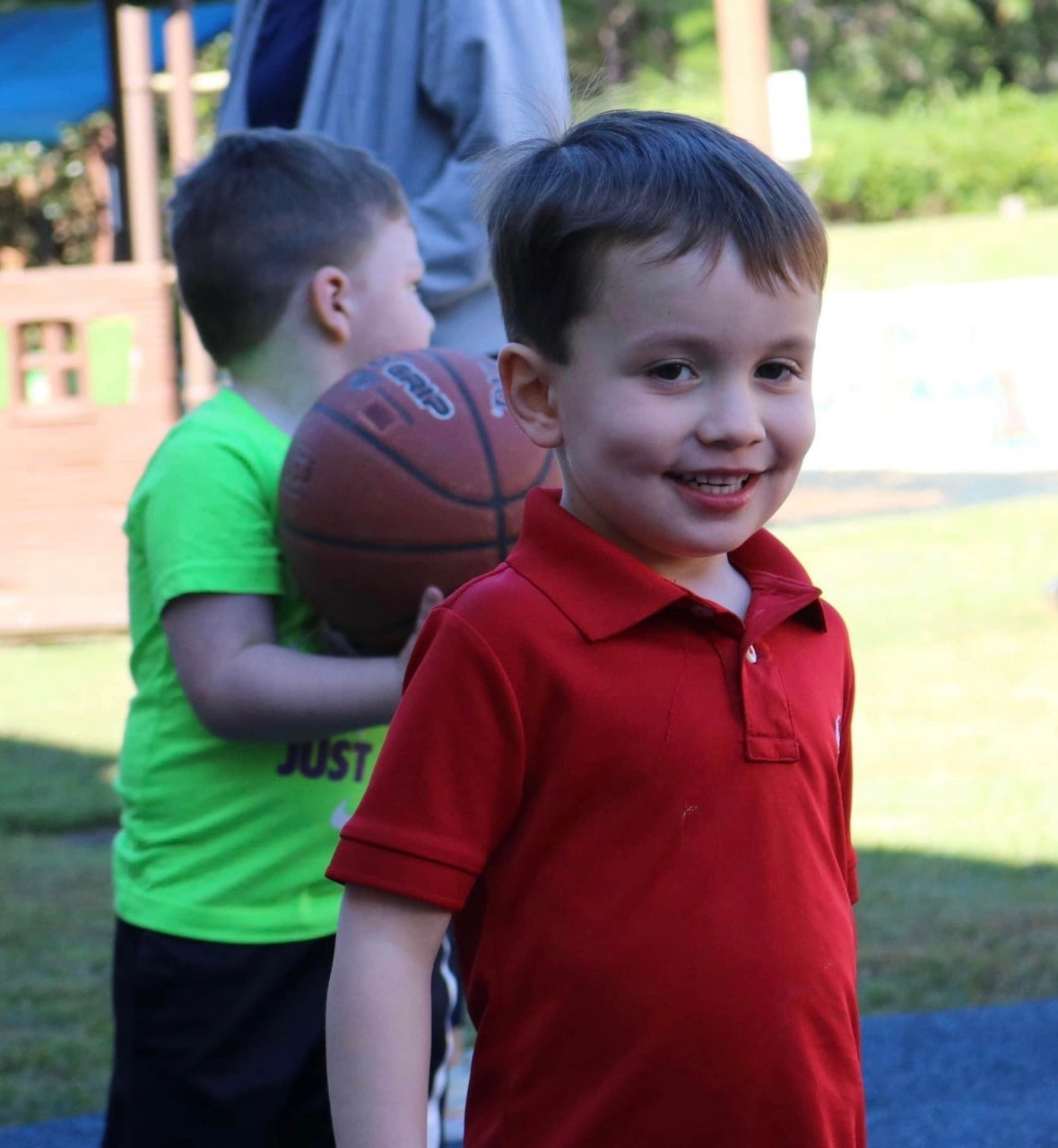Adaptability is a crucial life skill that enables individuals to navigate uncertainties and embrace the challenges of an evolving future. At the heart of the Montessori philosophy lies a profound commitment to fostering not just academic excellence but also the development of essential life skills. One of these invaluable skills is adaptability, a quality that sets Montessori-educated individuals apart on their journey through life.
The Montessori Approach to Adaptability
The Montessori method, founded by Dr. Maria Montessori, recognizes that adaptability is a skill that can be nurtured and cultivated from an early age. The learning environment in Montessori schools is intentionally designed to empower children to become adaptable individuals capable of thriving in diverse situations.
1. Independent Learning:
In a Montessori setting, children are encouraged to take ownership of their learning. This fosters a sense of independence and self-direction, laying the foundation for adaptability. When children are accustomed to exploring topics on their own, they develop the resilience to adapt to new information and circumstances.
2. Mixed-Age Classrooms:
Montessori classrooms often feature mixed-age groups, allowing children to interact with peers of different ages and abilities. This dynamic social structure promotes adaptability by exposing children to diverse perspectives, communication styles, and learning approaches. Mixed-age classrooms are a true representation of the world around us in which we interact with different generations and collaborate together as a society.
3. Freedom within Limits:
Montessori classrooms offer children freedom within well-defined limits. This balance encourages them to make choices while understanding the consequences of their actions. The ability to navigate within these boundaries nurtures adaptability and a sense of responsibility.
Cultivating a Growth Mindset
Montessori education places a strong emphasis on the development of a growth mindset—an essential component of adaptability. Children are taught to view challenges as opportunities for growth, to embrace mistakes as learning experiences, and to persist in the face of difficulties. This mindset becomes a lifelong asset, shaping individuals who approach change with resilience and optimism.
Real-World Application
The adaptability nurtured in Montessori-educated individuals often becomes evident in various aspects of their lives:
1. Academic Success:
Montessori graduates tend to excel academically, not only due to their solid foundation in fundamental skills, but also because of their adaptability. They are comfortable navigating diverse learning environments and adjusting to different teaching styles.
2. Social and Emotional Well-Being:
Adaptability extends to social and emotional domains. Montessori-educated individuals often exhibit strong interpersonal skills, effective communication, and a capacity to navigate complex social situations with grace and understanding.
3. Professional Excellence:
In the professional realm, adaptability is a highly sought-after trait. Montessori graduates, having cultivated this skill from an early age, often excel in their careers. They approach challenges with a problem-solving mindset and readily embrace change, making them valuable assets to any organization. Many leaders and celebrities have come from a Montessori background, these are people leading our culture and society.
Embracing a Future of Change
As our world continues to evolve, the need for adaptable individuals becomes increasingly pronounced. By instilling adaptability, Montessori education empowers individuals not just to endure change but to welcome it as an opportunity for growth, learning, and fulfillment. In doing so, Montessori graduates emerge as resilient, resourceful, and adaptable contributors to the global community.




